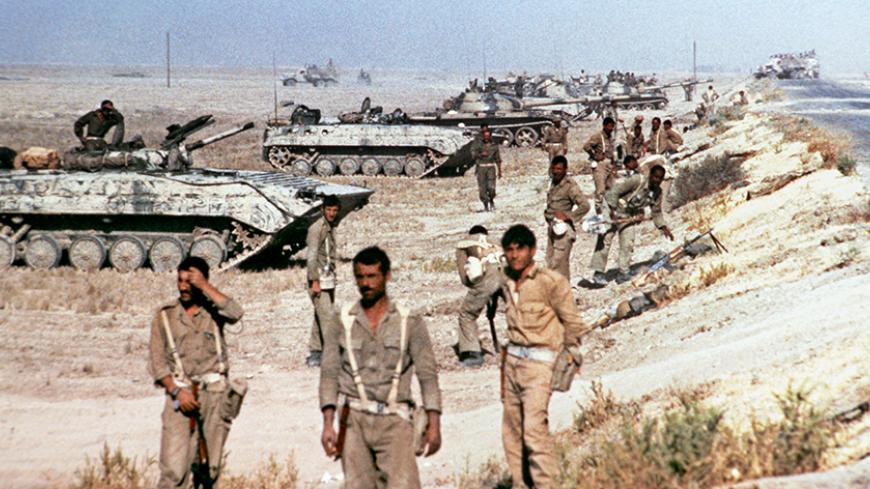In the Iranian calendar, May 24 is the equivalent of the 3rd of Khordad. In popular lexicon, the 3rd of Khordad is used synonymously with the liberation of the southwestern port city of Khorramshahr from Iraqi forces. The invasion in October 1980 while the capital city of Tehran was in post-revolutionary turmoil shocked the nation. However, the liberation of the city located in the oil-rich Khuzestan province mobilized the country and created an ethos among leadership in which Iranian ingenuity would persevere despite the country's international isolation. Iranian officials, whether they prefer an economic system of self-sufficiency or want greater integration in the world economy, are keen to present this message to the public.
During a speech on the occasion of the liberation of Khorramshahr, Iran’s Supreme Leader Ayatollah Ali Khamenei said that the Islamic Republic “could overcome any challenge because of its experience overcoming many difficult obstacles" during the Iran-Iraq War. While the liberation of Khorramshahr took less than 600 days, the war would ultimately last eight years.



